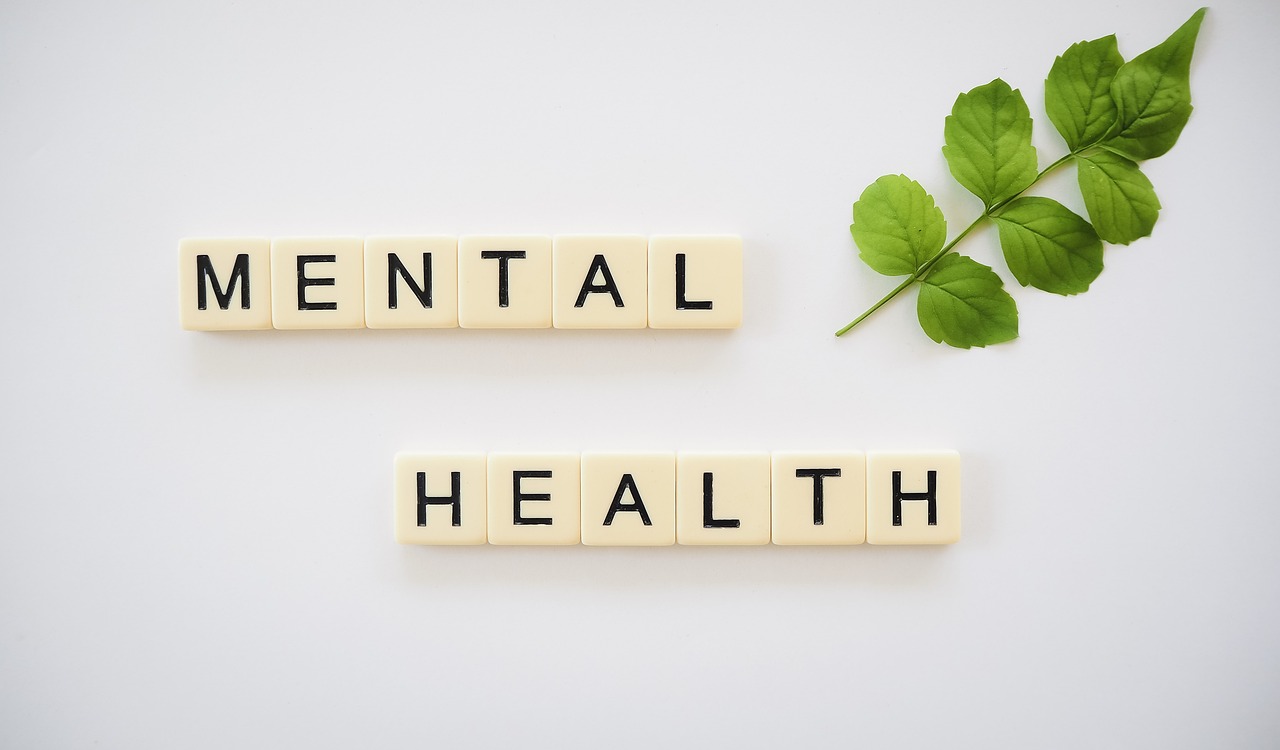Mental Health: Understanding and Navigating Its Importance
Thank you for reading this post, don't forget to subscribe!Introduction:
Mental health refers to the emotional, psychological, and social well-being of an individual. It encompasses a person’s thoughts, feelings, and behaviors, and greatly influences their overall health and quality of life.
Recognizing Mental Health Issues:
Mood Disorders: These include persistent sadness (depression), extreme highs and lows (bipolar disorder), or irritability and mood swings (cyclothymic disorder).
Anxiety Disorders: Characterized by excessive worry, fear, or anxiety, which can manifest in conditions such as generalized anxiety disorder, panic disorder, or social anxiety disorder.
Psychotic Disorders: Involve hallucinations, delusions, and thought disturbances, such as schizophrenia or severe bipolar disorder.
Personality Disorders: Patterns of inflexible and unhealthy personality traits that make it difficult to function in relationships or life in general.
Substance Use Disorders: When someone struggles with the compulsive use of alcohol, drugs, or other substances, leading to addiction and negative consequences.
Factors Affecting Mental Health:
Biological: Genetics, brain chemistry, and physical health issues can play a role.
Environmental: Traumatic experiences, stress, abuse, or neglect can contribute to mental health problems.
Psychological: Thoughts, beliefs, and coping mechanisms can also influence mental well-being.
Consequences of Untreated Mental Health:
Reduced Quality of Life: Mental health issues can interfere with relationships, work, and overall happiness.
Physical Health Problems: Mental health and physical health are closely linked, and untreated mental issues can lead to physical symptoms or exacerbate existing conditions.
Social Isolation and Stigma: Individuals with mental health problems may face stigma or discrimination, leading to isolation and loneliness.
Seeking Help:
If you suspect someone you know or yourself may be struggling with mental health issues, it’s crucial to seek professional help. Therapists, counselors, and psychiatrists can provide:
Diagnosis: Identify the specific mental health issue.
Treatment: Recommend and implement appropriate treatment options, such as therapy, medication, or lifestyle changes.
Support: Provide emotional support and guidance during the recovery process.
Promoting Mental Health:
While mental health challenges can be common, there are many ways to promote mental well-being:
Connect with Others: Build strong social connections with family, friends, and loved ones.
Engage in Physical Activity: Exercise releases endorphins and improves mood.
Get Enough Sleep: Aim for 7-9 hours of quality sleep per night.
Practice Mindfulness: Focus on the present moment to reduce stress and anxiety.
Seek Professional Help When Needed: Don’t hesitate to reach out for support if you’re struggling with mental health issues.
Conclusion:
Mental health is an integral part of overall well-being. Recognizing the signs of mental health problems, seeking professional help, and promoting mental well-being through self-care and support systems is essential for living a fulfilling and healthy life.


